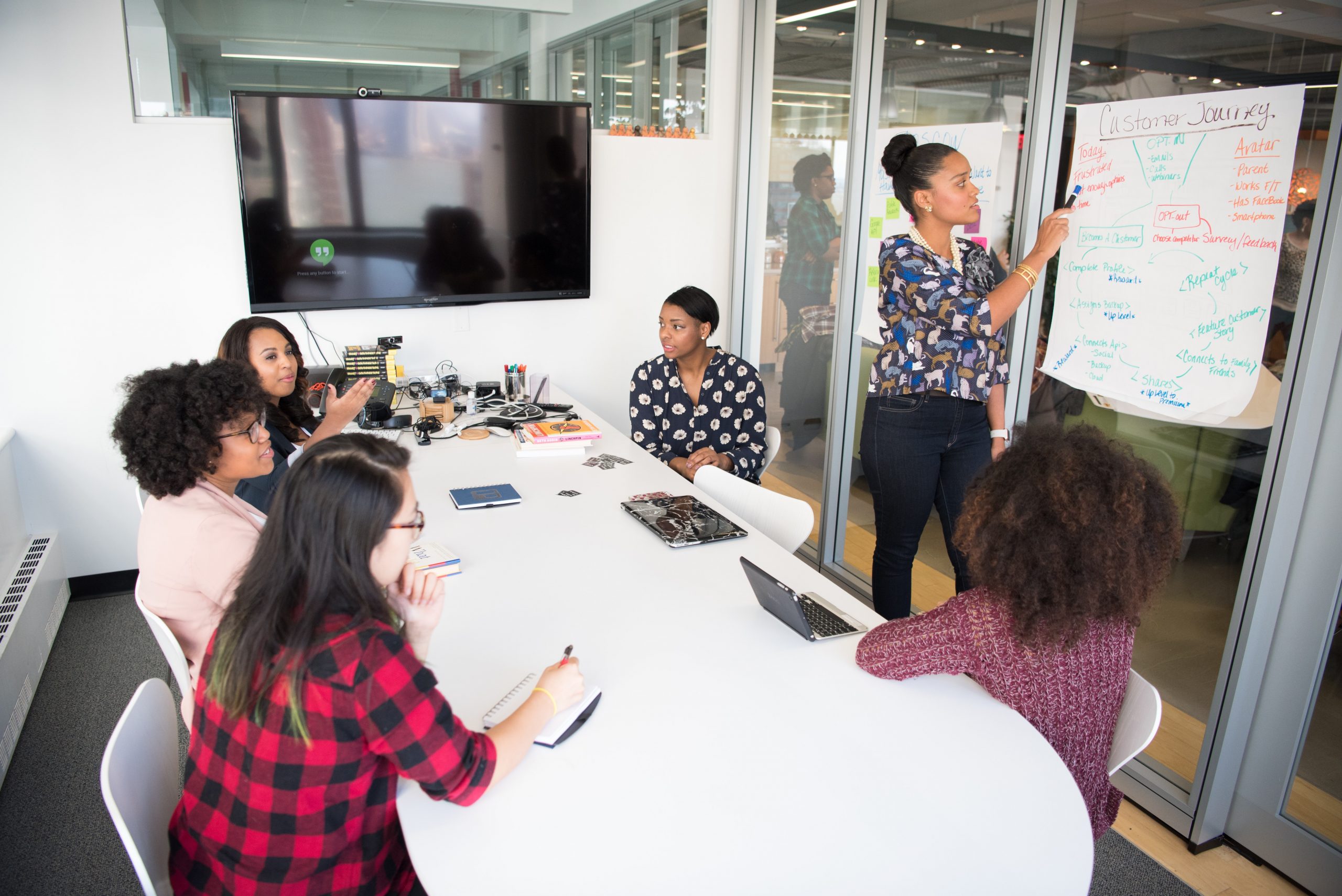Even the most enthusiastic and passionate leaders quickly become dispirited if they are channelling efforts into work that’s received as divisive.
According to recent research published by Gartner, 42 percent of equity, diversity, and inclusion (EDI) efforts are experienced as divisive, despite the sponsorship these programmes receive from leaders. In addition, the UK Government’s behavioural science team recently published research showing that many EDI initiatives have been proven to have no effect on closing pay gaps. It’s clear leaders who seek to correct disadvantageous situations face a challenge.
It’s well-documented that organisations that prioritise the right EDI initiatives are better performers – financially, and in terms of employee performance. Organisations need to continue to drive these efforts forward. So how can leaders create meaningful change when it comes to EDI initiatives?
Moving the needle
Our ‘Habits, Heads and Hearts’ approach has helped clients in health (NHS), a government department, the UK Space Agency and a global bank make meaningful strides forwards in EDI initiatives. Here’s how to apply this approach in your organisation:
Habits: Clarify roles and responsibilities, and allow your people to lead change
Take a robust approach to embedding change by creating opportunities to give everyone across the organisation the chance to engage. When launching, communicate investment, resource targets, and key performance indicators to clarify everyone’s accountabilities – considering motivations and frustrations. A prioritised action plan creates discipline and translates aspirations into real transformation.
After defining the roles and responsibilities of team members, it is important to model the changes required by the rest of the team. For example, ensure under-represented voices are present in meetings and that people are comfortable to speak up to reduce groupthink and improve decision making. These management behaviours help build a culture that celebrates difference, experimentation, collaboration, and innovation.
Employees need to see sustained momentum to remain engaged with this type of programme. Leaders should celebrate successes and transparently report what is working, and what is not.
Heads: Measure real world events to inform change
It’s important to measure the positive impact of building an inclusive and engaged culture. Measurement requires an understanding of the real-world events that shape decision making and catalyse change. We have seen organisations measuring hundreds of EDI-related metrics, across numerous reports. But it’s difficult to join them up to gain meaningful insight and lead positive change.
When working with our partners, we ask smart questions, applying data science algorithms to identify what is working and predict future outcomes, so that leaders can make data-informed decisions, stopping what is not working, and scaling up investment in what is.
We harnessed this approach in our work with The UK Space Agency (UKSA), which had big ambitions to occupy a strategic position in the global space race – an industry which is expected to be worth a trillion-dollars by 2030. To become an employer of choice, UKSA sought to double down on its efforts to promote diversity and inclusion. But first, it needed to understand how well it was doing and identify opportunities for further improvement.
We carried out a wide-ranging review by collecting data and conducting confidential interviews and surveys to build recommendations for change. With a detailed understanding of how to create effective and sustainable change, the UKSA has been able to make inclusion a bigger part of its everyday operations and planning, and foster inclusivity throughout its organisation.
Hearts: Remember language moves minds
Language builds connection, but it can equally create barriers. People are nervous about what they can and cannot say when it comes to diversity and inclusion. New language can be confusing. Privilege, bias, positive action, positive discrimination, favouritism, tokenism. What can we say and do, and what will land us in trouble?
To build fully inclusive organisations we should be intentional around language use. Be purposeful in your definitions of ‘diversity’ and ‘inclusion’, and how you embrace the range of human difference to bring the best out in everyone. We need to be aware that many of our EDI dictionary terms have been developed in Western academic institutions, and it is important to give thought to how they will land in other cultural contexts. Terms like fairness, strengths, kindness, and care have a place in business and translate globally, so we should use them. Today, we work with many organisations who are adopting inclusive language by avoiding gendered language and using gender-neutral terms. And it’s become commonplace to see people’s pronouns on office signatures.
Culture is set in what leaders say and do consistently. But if there are inconsistencies between what leaders say is important, and how they act when under pressure, colleagues may be left frustrated. Employers are getting better at creating spaces for employees from all backgrounds to share their perspectives. This drive needs to continue so all people are valued, respected, and heard.
By focusing on our ‘Habits, Heads, Hearts’ approach, leaders can make a significant impact on the performance culture of their organisations. It’s not always a smooth journey, but it’s one worth making.







